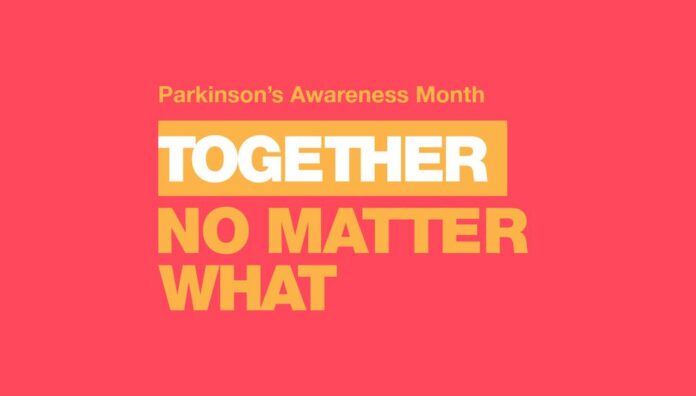COVID-19 and Parkinson’s: A Double Pandemic
Parkinson’s disease is on the rise with Canada experiencing one of the highest rates with over 100,000 individuals currently diagnosed. Despite the misconception that it only affects those older than 60, it is a complex brain disease that can impact adults of all ages. The COVID pandemic has made access to care, support services, therapeutics, and other resources even more challenging.
April is Parkinson’s Awareness Month dedicated to bringing awareness of the disease to both the general population and health professionals. COVID has overshadowed all life-threatening illnesses and postponed treatment and essential support both to those with Parkinson’s who have been diagnosed and those who may not even know they have the disease.
“I am very concerned about the overall impact of COVID,” says Pat Evans, a Parkinson’s advocate who also has the disease. “Not only does it delay diagnosis and treatment; depression, apathy and anxiety, all non-motor symptoms of Parkinson’s, are magnified. It also becomes difficult to attend appropriate exercise programs, considered to be an essential part of the treatment plan.”
Facts:
Some neurologists describe the rise of Parkinson’s as a Pandemic. More than 25 people are diagnosed with Parkinson’s in Canada every day. By 2031 that number is expected to double. Well water use, farming and pesticides as well as age are also associated, meaning that this area should be particularly hard hit.
Difficult to detect. Parkinson’s disease is difficult to diagnose often resulting in people going years, sometimes even decades, before getting diagnosed.
Cost of care. People with Parkinson’s have the second-highest annual out-of-pocket expenses, next to spinal cord injuries, at $1,100 for medications alone.
COVID-19 has only made it worse. The pandemic has severely backlogged our healthcare system. Canadians in some regions were already facing wait times of up to two years to see a specialist to determine if they had Parkinson’s and the current public health context has only put the system under more stress.
Parkinson Canada advocates for those living with the disease, provides education and funds innovative research. In Lanark North Leeds, there is a monthly Support Group in Smiths Falls which currently meets online. There are also 2 specialized exercise programs, one in Smiths Falls and the other in Perth (both taking place virtually at this time).
Contact: Pat Evans, evans.patn@gmail.com



